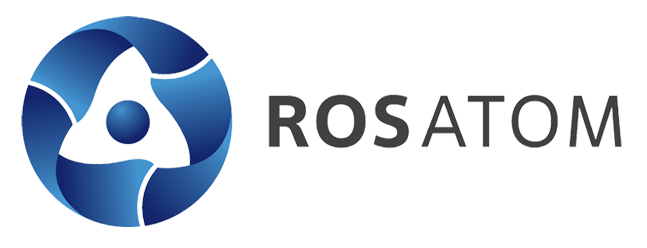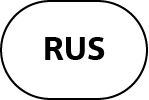DECENT AND PRODUCTIVE WORK AND SUCCESSFUL ENTREPRENEURSHIP
NORTHERN SEA ROUTE
ROSATOM exceeded the 2021 target for escorting
vessels, with cargo traffic along the Northern Sea
Route totalling 34.9 million tonnes. Transit cargo traffic
increased by 700,000 tonnes compared to 2020 and
exceeded 2 million tonnes. The 50 Let Pobedy nuclear
icebreaker escorted the Christophe de Margerie gas
tanker (Sovcomflot) very late in the season. In addition,
the Vaygach nuclear icebreaker made an expedition
to enable a convoy of eight vessels to navigate
difficult sections of the route.
ROSATOM continuously improves transport and
logistical accessibility of European Russia and the Far
East, which is a necessary prerequisite for sustainable
social and economic development of the region.
UPGRADING THE NUCLEAR-POWERED
ICEBREAKER FLEET
The first Russian follow-on Project 22220 nuclear
icebreaker, Sibir, was accepted into service. Three new
icebreakers, Ural, Chukotka and Yakutia, are under
construction at the Baltic Shipyard. They are a followup
to the Arktika multipurpose nuclear icebreaker
commissioned in 2020. A unique Project 10510
icebreaker, Rossiya, with propulsion power totalling
120 MW is under construction in the Far East; it will be
the world’s most powerful icebreaker.
GREATER NORTHERN SEA ROUTE PROJECT
ROSATOM’s project to create the Greater Northern
Sea Route spanning from the Norwegian coast of
the Barents Sea to the Korean Peninsula will enable
complex transportation operations in a region
characterised by a harsh climate after 2024. It will
enable year-round navigation and will support
sustainable supply chains and international trade.






